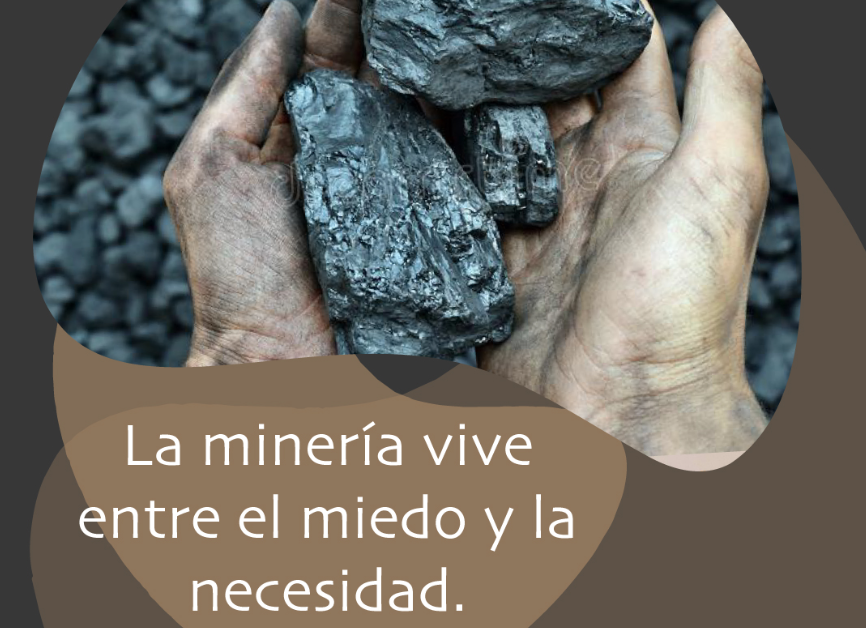Often the fear of discussing certain issues openly leads to making them more complex than necessary. The country still has a pending conversation about an activity that is as present in our daily lives as it is stigmatised.
You are probably reading this article from your laptop or mobile phone and, without being aware of it, you have almost half of the periodic table in your hand, i.e. chemical elements that are obtained from minerals. Mobile phones, for example, contain aluminium, copper, silver, gold, iron and nickel, among others.
Despite this reality, mining exploitation in Colombia seems to be a difficult issue that neither the State nor the companies dare to confront with society in an open and frank manner. I believe I am not wrong in pointing out that the mining issue is becoming a dichotomy, a black and white, where positions are limited to being for or against, yes or no, without a clear and deep explanation and dialogue, not only of its technical scope, but also of its socio-economic and environmental impacts on communities.
The debate continues to move on different shores: that of defending mining activity at all costs as a source of development for the country, without giving a constructive place to the concern of communities and environmentalists for social and environmental sustainability in the areas where mining is implemented; to the concern of businessmen who find in the above position an obstacle to their business; and to the voice of those who are completely opposed to mining, in which they see only threats and few opportunities.
To a large extent, the fear that has led to the stigmatisation of mining by the communities is due - in turn - to the fear of the state and the companies to engage in dialogue with the communities, to listen to the different voices, to seek common ground. This is due to the absence of an open pedagogy to explain the concepts, scope and impacts. It is not enough to generate regulations that regulate this activity if it is not complemented by a grounded, clear and explicit socialisation process.
To cite one example, there has recently been extensive discussion about Resolution 110 of 28 January 2022, issued by the Ministry of Environment, which sets out provisions for mining activity in forest reserve areas. Beyond the specific scope of the norm, I have been struck by the fact that the conversation has revolved around what one mining company understands as the scope and repercussions of the norm, and the various interpretations from other points of view. But this conversation, which requires the participation of various sectors, especially with the communities that inhabit or are neighbours of these areas, has not included them at all, and furthermore, it has taken place out of fear and ignorance. It has come about through resistance and opposition to one another. In the end, there has been no dialogue, only different voices have been heard, but there has not been a constructive environment that would allow for a better understanding of the law and the search for alternatives so that it does not become a free way for mining in any way, but rather an opportunity to listen to each other and agree on how mining can be carried out in a way that adequately manages the impacts and shares the benefits.
What are the forest reserve areas in Colombia, which of them are protected areas, what does the exploration process involve, what is required to undertake an exploitation process, how do these projects impact the communities, how is the protection and preservation of natural resources guaranteed by the mining activity, how is the environmental impact mitigated or compensated, what is the role of the community in the whole process, are just some of the questions that need to be addressed, How is the environmental impact mitigated or compensated? What role does the community play in the whole process? These are just some of the questions that need to be addressed and whose answers do not only correspond to the State, but also to the companies, which must establish healthy relationships based on a social performance that goes hand in hand with their projects and operations.
It is urgent to put aside the fear of speaking out; companies must shed their fear of addressing all the nuances of their activity if they want to take steps to build trust and credibility among the community. It is imperative to build a language that includes the technical, the emotional, traditional knowledge and different voices, that caters to different visions, and that builds from diversity concrete options for all parties.
InSight accompanies these dialogue processes to build agreements that generate mutual benefits.

